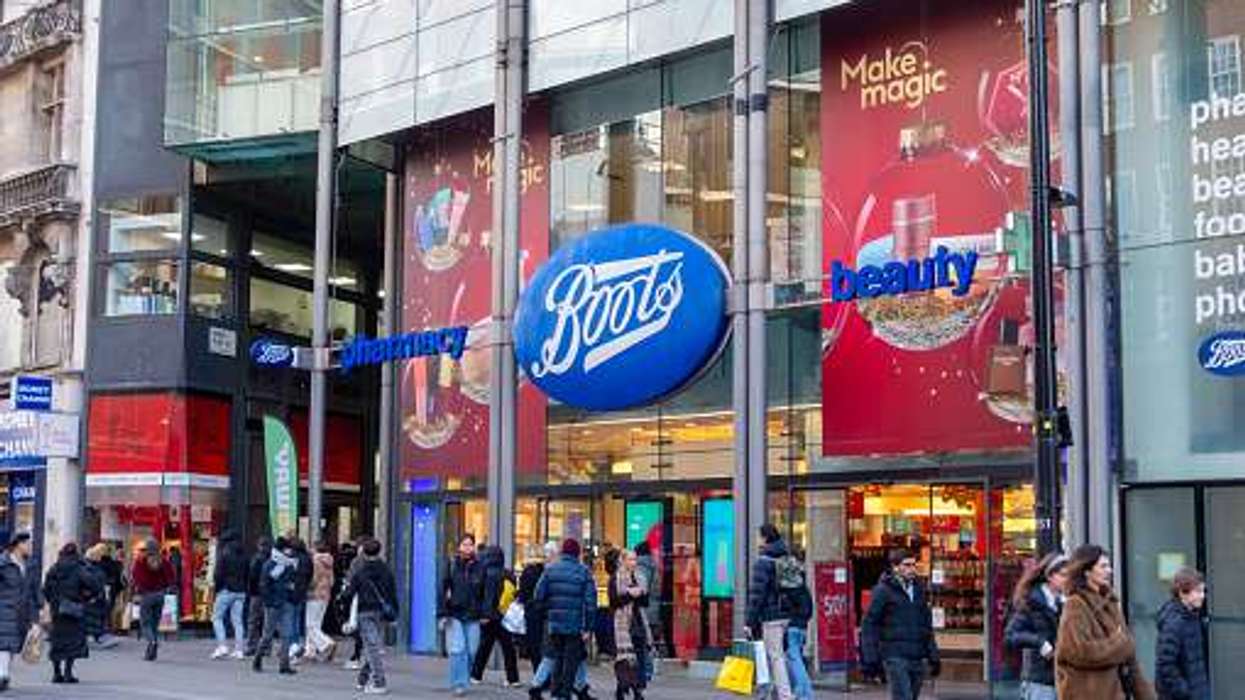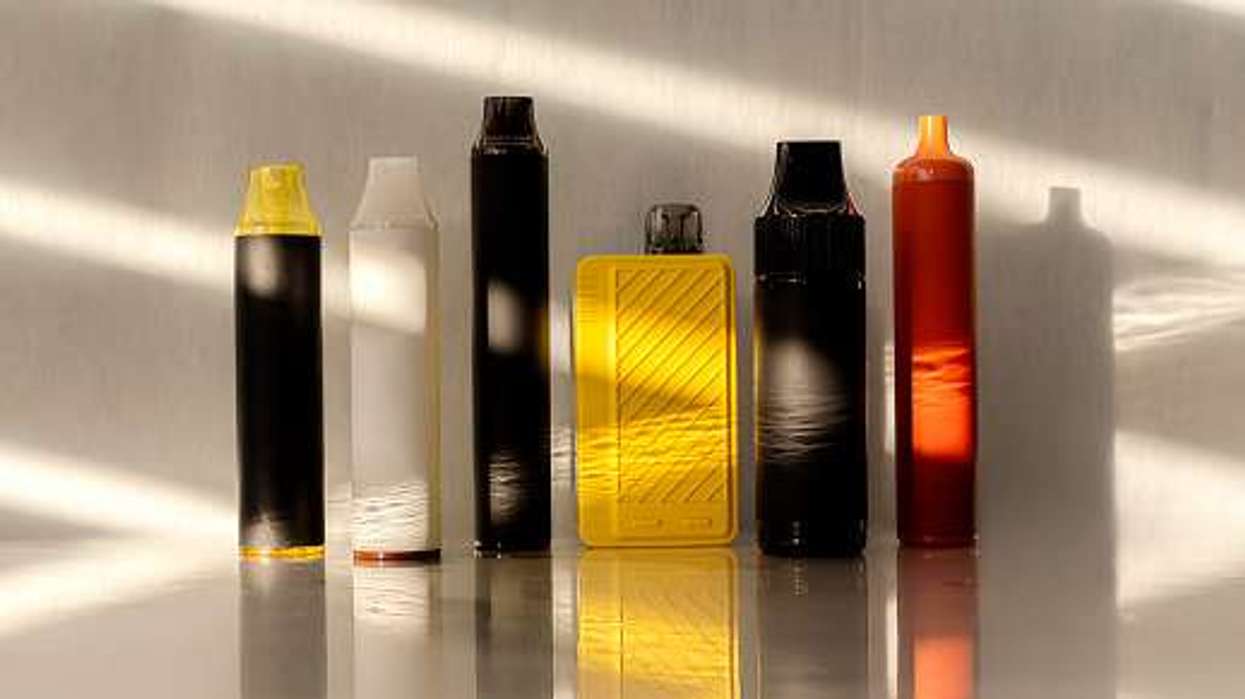Key Summary
- UK to use recycled nuclear waste to produce lead-212 for precision cancer therapies
- £18.8 million project will develop a sustainable supply and fund clinical trials
- New treatments aim to target hard-to-treat cancers with minimal side effects
The UK is planning to recycle nuclear waste to produce medicines for precision cancer therapies or radiopharmaceuticals.
The project will use a radionuclide called lead-212, which will be harvested from recycled nuclear fuel, to create treatments called targeted alpha therapies.
Lead-212 is expected to treat cancers that are currently hard to treat by targeting and destroying cancer cells with minimal damage to healthy tissue and reduced side effect.
The project, led by United Kingdom National Nuclear Laboratory (UKNNL) and Medicines Discovery Catapult (MDC), has a funding of £9.9 million from the Innovate UK Sustainable Medicines Manufacturing Innovation Programme (SMMIP) and £8.9 million from industry.
UKNNL has developed a way to harvest a sustainable supply of lead-212 from recycled nuclear fuel that has already been used to generate electricity.
A tiny amount of lead-212’s parent material - equivalent to a single drop of water in an Olympic-sized swimming pool – is extracted through a series of chemical reactions.
An even tinier amount of lead-212 is taken from this sample, and developed by scientists at MDC to treat patients.
The SMMIP funding will support clinical trials and bring these treatments to patients.
Science and Technology Secretary Liz Kendall said, “Almost 3.5 million people in the UK are living with cancer - but scientific breakthroughs are giving hope to more of them and their families.”
Julianne Antrobus, Chief Executive Officer at UKNNL, said, "By developing the infrastructure and processes to unlock the UK’s lead-212 supply, we're not only advancing precision nuclear medicine but also reinforcing the UK's position as a world leader in both nuclear science and healthcare innovation."













